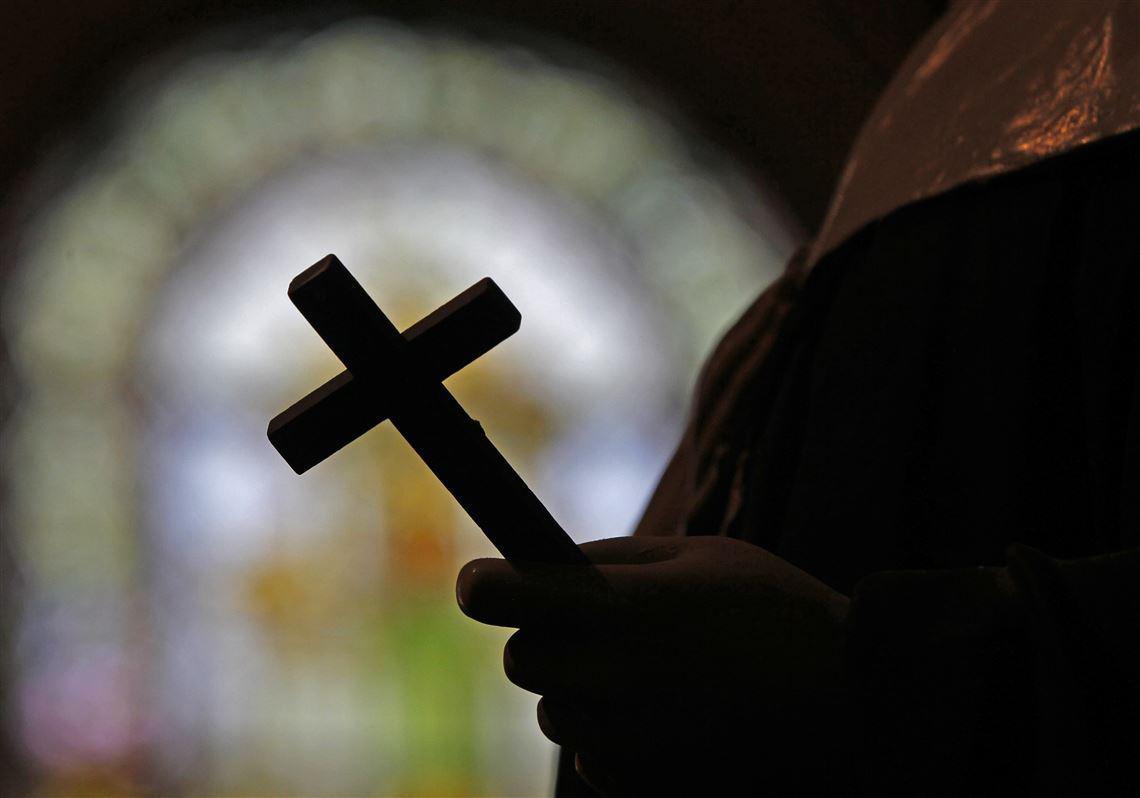|
Pittsburgh diocese, Pa. AG's office spar over use of trust fund
By Peter Smith
The office of state Attorney General Josh Shapiro is pressing its opposition to a bid by the Roman Catholic Diocese of Pittsburgh to draw money from a $8 million-plus trust fund, dedicated to needy children, to pay compensation to adult victims of sexual abuse. State law does not “allow a charitable trust to be terminated to pay the potential legal obligations of the trustee for its alleged criminal activity in direct contravention to the terms of the trust,” said a legal brief filed Tuesday in Allegheny County Orphans’ Court by Gene Herne, senior deputy attorney general. But the diocese says aiding survivors of abuse would fit within the spirit of the century-old trust fund, which has aided needy children even into their young adult years, with a particular mission of educating them and providing vocational and living skills. “These funds will provide for the care, education, training, maintenance and treatment of those who were abused as children to assist them to make an adjustment to life and work in accordance with their abilities,” attorney Robert Ridge, representing the diocese, said in a court filing Wednesday. Earlier this year, the Diocese of Pittsburgh filed a petition in Orphans’ Court, seeking permission to use the fund as part of its Independent Reconciliation and Compensation Program, for payments to victims of sexual abuse by its priests through an out-of-court process. After the attorney general’s office lodged its opposition to the move, Judge Lawrence O’Toole in August called for each side to argue its case in the legal briefs that have now been filed. The case has amounted to a kind of mini-rematch in court of two major parties in a statewide grand jury investigation that culminated in a blockbuster 2018 report on the history of sexual abuse by priests in six dioceses. Mr. Shapiro’s office led that grand jury investigation, while the Diocese of Pittsburgh was its largest target, accused of having more than 90 abusive priests over the past seven decades. Most of the abuse happened before 1990, but much of it was not known before now. In the wake of the report, with pending legislation that could create a window in the statute of limitations allowing for lawsuits over decades-old abuse, the Pittsburgh and other dioceses began setting up formal compensation funds to offer settlements outside of litigation, with cases decided by an independent legal firm led by Kenneth Feinberg. The deadline for such filings for the Pittsburgh Diocese was Sept. 30. A spokeswoman for the Feinberg firm said it is still counting last-minute applications, but 232 people had applied as of Sept. 27, with about $4.5 million already paid out for the first 40 approved claims. With the full amount of the payouts expected to cost millions more, the diocese has been seeking to sell property and use other assets to pay down this legacy of abuse. The diocese argues that to help pay the settlements, it should be allowed to draw from a trust fund, now worth between $8 million and $9 million, that grew out of a bequest by a donor named James L. Toner in 1899. To do that, it sought permission from Orphans’ Court earlier this year. The Toner fund, administered through the Catholic Institute, an arm of the diocese, has been used to pay for vocational training and other services for needy children. Its stated purpose is the “care, education, training maintenance and treatment of neglected, emotionally disabled and needy children in order to assist them to make an adjustment to life and work in accordance with their abilities.” Two of the fund’s main beneficiaries have been Holy Family Institute and Auberle, local agencies providing an array of educational and other services to needy youths, with some services offered by Auberle to clients up to age 23, according to the diocese’s filing. The diocese has argued that drawing from the Toner fund to pay abuse victims is appropriate under the spirit of its purpose. “Liberal construction [of the terms of the trust] also shows that people above the age of 18 — particularly abuse victims who were abused before reaching the age of 18 — should be eligible to receive help after reaching the age of 18,” Mr. Ridge wrote. But Mr. Herne countered that the funds are “meant to serve needy children, not adults.” “This trust was established to better the lives of children, and its purposes have no correlation to the attempted use of paying victims of alleged clergy sexual abuse,” he wrote. “The trustee cannot benefit by their alleged criminal actions.” Contact: petersmith@post-gazette.com
|
.
Any original material on these pages is copyright © BishopAccountability.org 2004. Reproduce freely with attribution.
